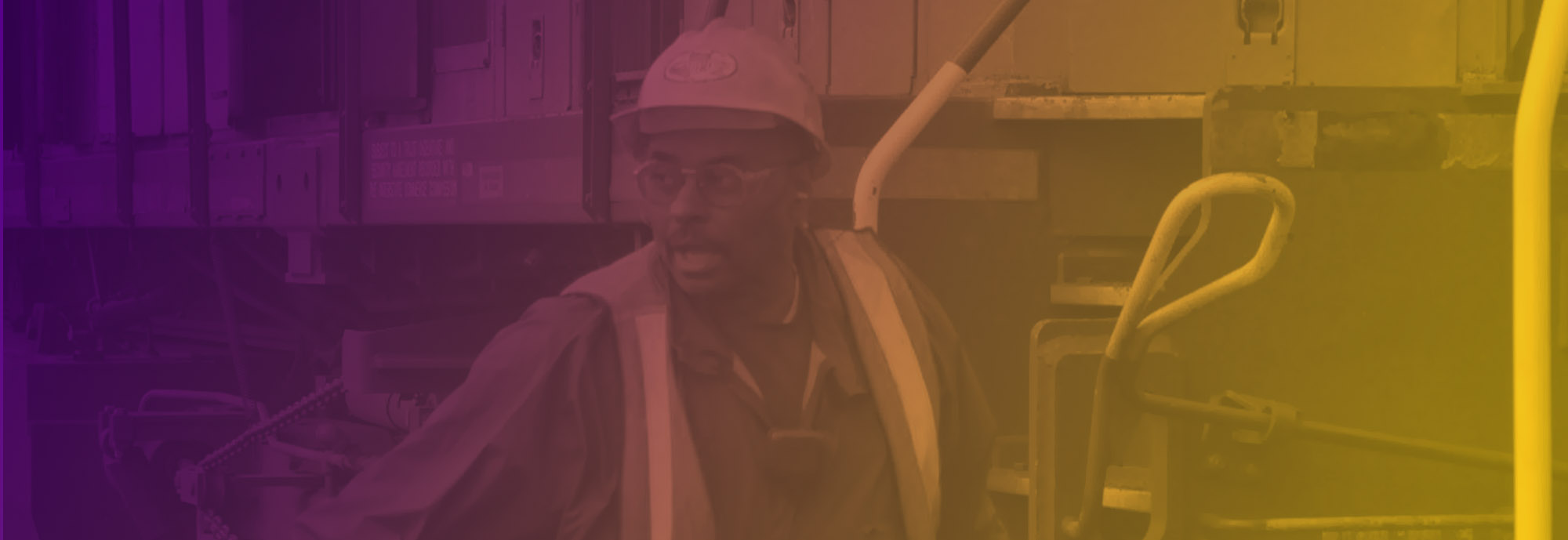For more information on the Union, send an email to organizing@ncfo.org or call 1-877-YES-NCFO
Are you a Louisville Barista? Click here
FREQUENTLY ASKED QUESTIONS PERTAINING TO UNIONS?
- What is a Union?
- How do people form a Union?
- Who can help me in gaining Union representation at work?
- Does the law protect workers joining a Union?
- What kinds of workers are forming Unions today?
- How do Unions help working families?
- What has Unions accomplished for all workers?
- What challenges face workers today?
- What about workers in other countries?
WHAT IS A UNION?
A union is a group of workers who form an organization to win from the boss what they can’t win on their own as individuals: respect on the job, better wages and benefits, more flexibility for work and family needs, a counterbalance to the unchecked power of employers, and a voice in improving the quality of their products and services. Back to Top
HOW DO PEOPLE FORM A UNION?
Today, there are two way workers can form a union. The first path is by filing for a union election with the National Labor Relations Board. Federal law also provides workers also provided workers a second path to forming a union, they may persuade an employer to voluntarily recognize their union. Back to Top
WHO CAN HELP ME IN GAINING UNION REPRESENTATION AT WORK?
Contact NCFO at 1-877-YES-NCFO or email us at organizing@ncfo.org and we can help you get more informed about workplace representation. Back to Top
DOES THE LAW PROTECT WORKERS FORMING A UNION?
Yes. The National Labor Relations Act, a Federal Law, protects you and your job if your boss terminates you for union activity. The NLRA makes it illegal for employers are to discriminate against or fire workers for choosing to join a union. For example, it’s illegal for employers to threaten to shut down their businesses or to lay off employees or take away benefits if workers form a union. But it is not uncommon for employers to violate the law. Back to Top
WHAT KIND OF WORKERS ARE FORMING UNIONS TODAY?
A wider range of people than ever before, including many more women, people of color and immigrants, are organizing and joining unions. Doctors, attorneys, graduate students, home healthcare aides, wireless communications workers and employees of multi-service contractors are among the newer groups of working people seeking a voice at work through union representation. Back to Top
HOW DO UNIONS HELP WORKING FAMILIES?
Through unions, workers win better wages, benefits and a voice on the job-and good union jobs mean stronger communities.
Union workers earn 28 percent more than nonunion workers and are more likely to receive health care and pension benefits than those without a union.
In 2007, union members’ median weekly earnings for full-time wage and salary were $863, compared with $663 for their nonunion counterparts. Unions lead the fight today for better lives for working people on such issues as: expanding family and medical leave; restoring the full right to join unions through the Employee Free Choice Act; improving safety and health protections: and fighting for trade agreements that protect good jobs in America while raising living standards throughout the world. Back to Top
WHAT HAS UNIONS ACCOMPLISHED FOR WORKING FAMILIES?
Unions have made life better for all working Americans by helping to pass laws ending child labor, establishing the eight-hour day, protecting workers’ safety and health and helping create Social Security, unemployment insurance; the minimum wage and the right to Family and Medical Leave. Unions also make for stronger communities. Back to Top
WHAT CHALLENGES FACE WORKERS TODAY?
Today millions of workers want to join unions. The wisest employers understand that when workers form unions, their companies also benefit. But many other employers fight workers’ efforts to come together by intimidating, harassing and threatening them. In response, workers are reaching out to their communities to help them exercise their freedom to improve their lives and to support passage of the Employee Free Choice Act. Back to Top
WHAT ABOUT WORKERS IN OTHER COUNTRIES?
Unions fight to ensure that corporations and governments around the world respect all workers’ fundamental rights to:
Come together and negotiate with employers; refuse forced labor; reject child labor; and work free from discrimination.
In an era of multi-national conglomerates, unionized workers in one country often come to the aid of employees of the same corporation in another country who seek to organize. This work often goes through international labor organizations in various sectors and through international bargaining councils. Back to Top

